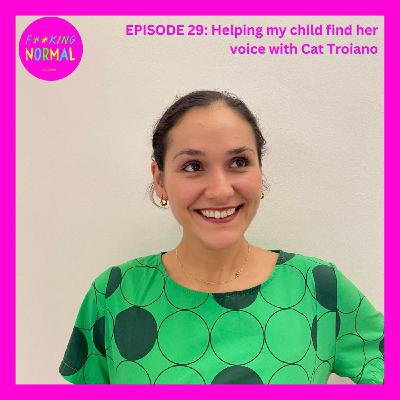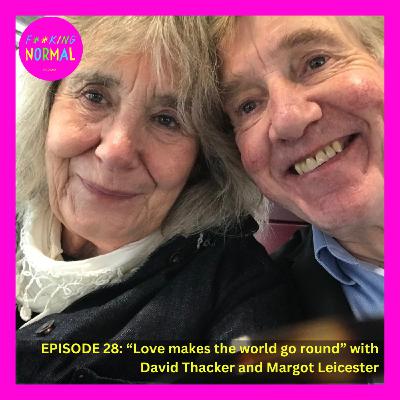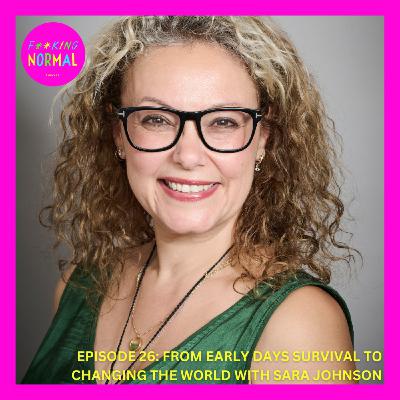
 F**king Normal
F**king Normal
Author: The Fking Normal Team
Subscribed: 9Played: 141Description
Join hosts, Lauren Fenton and Rina Teslica, both mothers to daughters with special needs as they and their guests share unique parenting stories and chat about the things they've learnt and are still learning. Prepare to sometimes laugh, sometimes cry, but hopefully leave with a shot of optimism in your arm!
The goal of the F**king Normal podcast is to extend the conversation and build a supportive community for other parents. We don't have the answers but want to create a safe space to share stories as we venture through parenting disabled children together.
Note: The F**king normal podcast is a parents perspective. We are not talking on behalf of disabled children or adults. We can't and we would never presume to. That's not our experience. We want to learn to parent and advocate better and this show is about our experience as parents.
For more information and transcripts for each episode go to our website at www.fkingnormalpodcast.com
The F**king Normal Team
Hosts & Editing: Lauren Fenton, Rina Teslica
Production team: Genevieve Porritt, Victoria Wason
Artwork: Sharon King-Chai
Music: Æ Mak - Listen on Spotify
Wider creative team: Mary Forrest, Clare Wright, Gemma Sherlock, Helen Gamble-Shields, Kathleen Javalla, Caroline MacPake, Evangelia Vasiliadou.
Hosted on Acast. See acast.com/privacy for more information.
























